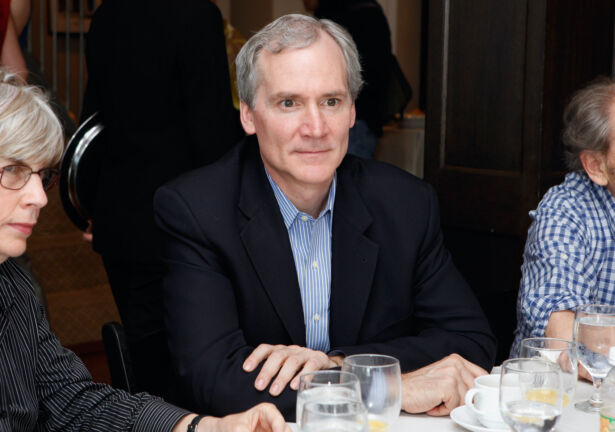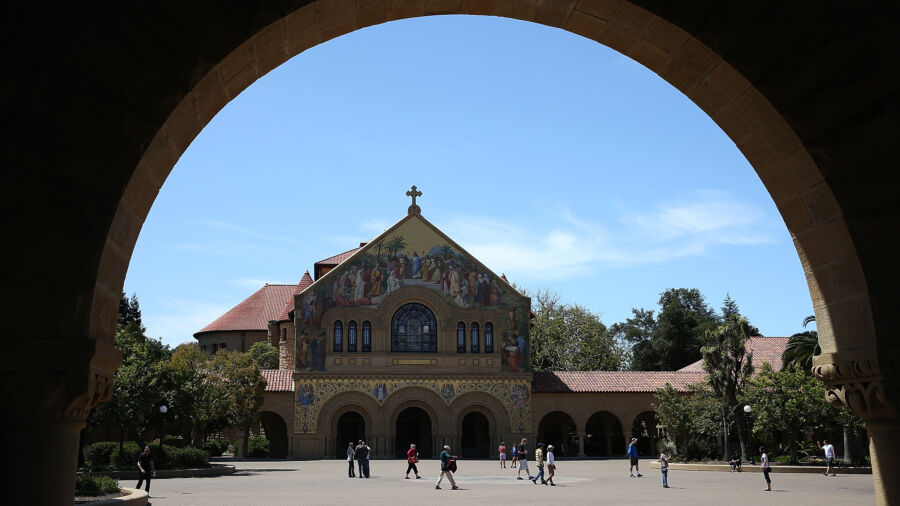Stanford President Marc Tessier-Lavigne announced Wednesday that he would resign after a review by a panel of scientists concluded that some of his scientific papers contained “manipulation of research data,” according to a report released by the Stanford Board of Trustees.
The resignation is preceded by a review launched in December by the board of trustees, which found significant flaws in five papers he was the principal author of.
The review cleared him of the most serious allegation that an Alzheimer’s study conducted in 2009 was the subject of an investigation that discovered fabricated data, and Dr. Tessier-Lavigne covered it up.
The panel stated that the claims “appear to be mistaken,” with no indication of altered data or Dr. Tessier-Lavigne engaging in other forms of fraud.
But the panel also concluded that the paper had multiple problems and “fell below customary standards of scientific rigor and process.”
Dr. Tessier-Lavigne, a neuroscientist who has been Stanford’s president for the last 7 years, acknowledged being aware of problems with four of the five papers but taking “insufficient” steps to deal with them. He said he would retract three papers and correct the remaining two.
Claims of Scientific Misconduct
The months-long inquiry was spurred by claims of scientific misconduct disclosed in an investigative story from the college’s student-run newspaper, Stanford Daily.
In November, the Stanford Daily revealed that a significant research journal was reviewing a paper Dr. Tessier-Lavigne co-authored for scientific wrongdoing. Following this initial report, Stanford’s board appointed a special committee to investigate the allegations.
The review, led by former federal judge Mark Filip, engaged five prominent scientists and examined over 50,000 documents, forensic image analyses, dozens of interviews, and correspondence with scientific journals.
The panel determined he was not responsible for the instances of misconduct, but he failed to address errors in the years-old papers and oversaw labs with an “unusual frequency” of manipulations of data.
“People tend to think of scientists as these individuals that they’ve heard of like Einstein and Marie Curie,” said H. Holden Thorp, editor-in-chief of the Science family of journals. “The truth is that researchers run laboratories filled with people, and everything that happens in that laboratory is a product of many individuals there.”

‘Should Have Been More Diligent’
In a letter addressed to students and staff, Dr. Tessier-Lavigne said he would step down effective Aug. 31.
“I agree that in some instances I should have been more diligent when seeking corrections, and I regret that I was not. The Panel’s review also identified instances of manipulation of research data by others in my lab,” Dr. Tessier-Lavigne wrote.
“Although I was unaware of these issues, I want to be clear that I take responsibility for the work of my lab members.
“The Panel did not find that I engaged in research misconduct regarding the twelve papers reviewed, nor did it find I had knowledge of or was reckless regarding research misconduct in my lab.”
“Stanford is greater than any one of us,” Dr. Tessier-Lavigne wrote, explaining his decision to resign. “It needs a president whose leadership is not hampered by such discussions.”
He will remain on Stanford faculty as a biology professor.
Richard Saller, professor of European studies, will serve as interim president of the prestigious university starting Sept. 1, according to the board of trustees.

